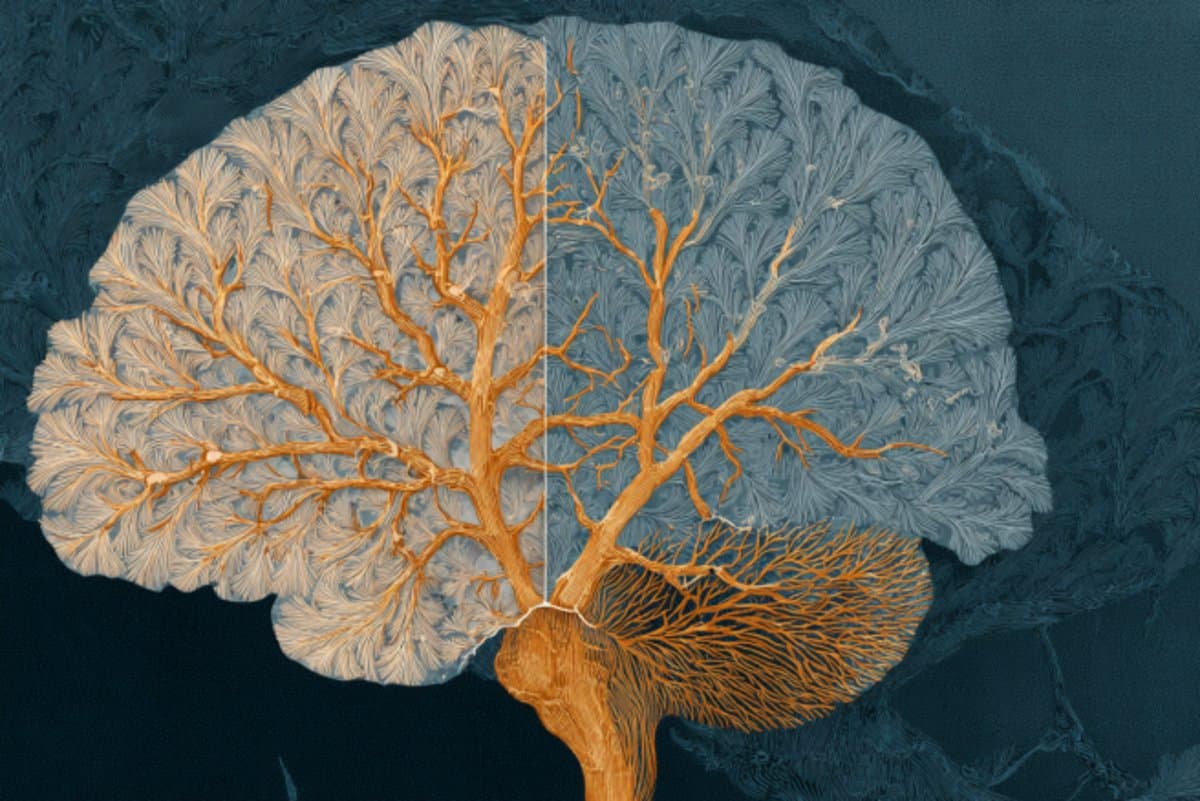
The study found that reducing carbohydrate intake by 5% and replacing it with protein could can help control non-communicable diseases such as obesity, hypertension and diabetes. Photograph used for representational purposes only
| Photo Credit: Getty Images
Indian diets are characterized by high intakes of low-quality carbohydrates (white rice, milled whole grains and added sugar), high levels of saturated fat and low intakes of protein, and this rapid dietary transition in India ha been associated with an alarming rise in cardiometabolic diseases, found a study, ‘Dietary profiles and associated metabolic risk factors in India from the Indian Council of Medical Research (ICMR)-INDIAB survey-21’’.
Where are diets going wrong?
The study found that reducing carbohydrate intake by 5% and replacing it with protein could help control non-communicable diseases such as obesity, hypertension and diabetes. Additionally, the study found that both rice and wheat showed the same impact on diabetes and obesity and noted that overall protein intake in India remains suboptimal, averaging 12% of daily calories, with the highest at 14% in the Northeast, according R.M. Anjana, lead author of the study, Department of Diabetology, Madras Diabetes Research Foundation, Chennai. “We also investigated the associations between dietary factors and metabolic risk, and evaluated the effects of isocaloric substitution of macronutrients on glycaemia and adiposity,’’ noted researchers.

What data was used?
The study was conducted using data from the national Indian Council of Medical Research –India Diabetes Survey (18,090 adults) where researchers had examined India’s dietary profile and the effect of isocaloric substitution of carbohydrates with other macronutrients on metabolic risk. The ICMR-INDIAB study was a national cross-sectional population-based survey conducted from November 2008 to December 2020. The largest survey of its kind in India, it was conducted by the ICMR to assess the prevalence of metabolic non-communicable diseases (NCDs) including diabetes, hypertension, and obesity in a nationally representative sample. Dietary data from every fifth participant were used to characterize India’s dietary profile across regions and examine inter-regional and intraregional differences in macronutrient intakes.
The survey reported (weighted for region, age and sex) prevalence of type 2 diabetes (T2D) and prediabetes as 11.4% and 15.3%, respectively. The prevalence of generalized obesity and abdominal obesity was also high at 28.6% and 39.5%, respectively. NCDs account for 6.3 million (68%) of all deaths in India.

The diet-health connection
The present study found that unhealthy diets contribute substantially to the NCD burden. Improving diet and physical activity can prevent nearly 50% of the incident of type 2 diabetes (T2D). “Noncommunicable diseases (NCDs) are major contributors to morbidity and mortality worldwide, particularly in low-income and middle-income countries. India, home to nearly 20% of the global population, has undergone rapid nutrition and epidemiological transitions over the past two decades, resulting in an alarming increase in NCD prevalence,’’ warned the study.
In India, data from epidemiological studies and national nutrition surveys, such as those by the National Nutrition Monitoring Bureau (NNMB) and National Sample Survey Organisation, indicate that Indian adults currently consume ~65% to 75% of calories from carbohydrates (one of the highest in the world), 9–11% from proteins and 14–23% from fats. Recommendations for a balanced diet state that only 50-55% of total calories should from carbohydrates, with no more than 45% coming from cereals and millets.

Economic costs of bad diet
By 2060, the economic costs of overweight and obesity are projected to reach $839 billion (2.47% of the nation’s GDP). Given the enormous public health burden of NCDs and their associated economic costs, it is crucial to identify cost-effective, practical strategies for reducing NCD risk.
Published – October 06, 2025 02:29 pm IST
Source link

